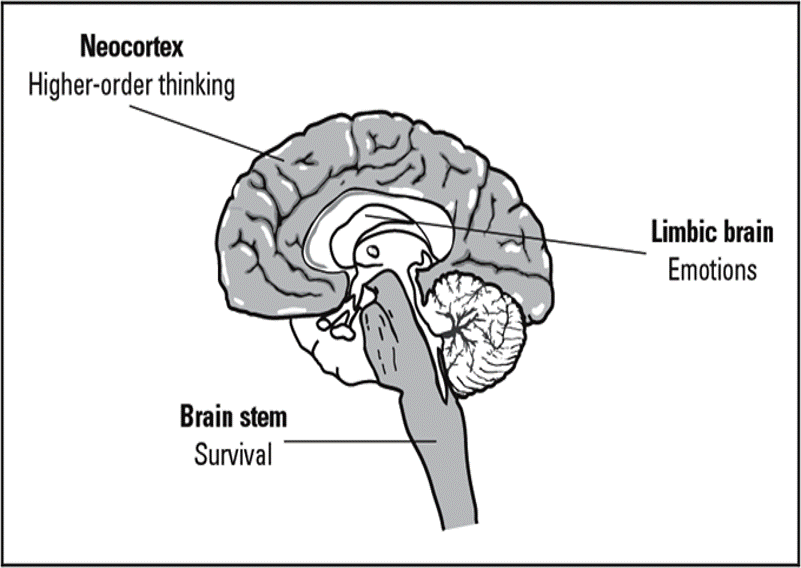What is the Fruit of Emotional Intelligence?
/Photo by travis bradberry
In the tree to your right, you will see the fruit of emotional intelligence (EQ). If you reflect on your current work environment, you will immediately see why these are so important! They are also incredibly important for all of your relationships.
In his book Emotional Intelligence, Dan Goleman talks about self-control and empathy. If we are going to evidence the types of attitudes and behaviors that we see in the diagram, we have to understand just what it is we need to focus on as we seek to grow in EQ. Goleman says:
For one, impulse is the medium of emotion; the seed of all impulse is a feeling bursting to express itself in action. Those who are at the mercy of impulse—who lack self-control—suffer a moral deficiency: The ability to control impulse is the base of will and character. By the same token, the root of altruism lies in empathy, the ability to read emotions in others; lacking a sense of another’s need or despair, there is no caring. And if there are any two moral stances that our times call for, they are precisely these, self-restraint and compassion.
So you can see how very important EQ is. Understanding our emotions and expressing them appropriately is no simple matter. In addition, empathy is at the core of creating safety in our relationships. It is that impulse of emotion that we need to understand in order to grow. That is no small challenge because the time between emotion, impulse and action is a fraction of a second! Often, we are reacting to people and situations based upon perceptions that may or may not be accurate.
Roger Birkman, who developed the Birkman Method assessment, understands that EQ is challenging to grow in because most of us live life based upon our own perceptions of ourselves and others that can often be wrong. He says this,
Individuals naturally have selective perceptions about the way they see themselves and others…We each tend to approach tasks with our own bias ‐ the window through which we see the world. When we perform our assigned jobs, naturally we see things our way and tend to find other groupsʹ ideas different and strange – even wrong or threatening. Because we view the world through our own filters, often we base our beliefs and subsequent actions on wrong perceptions. These understandable but inaccurate expectations can lead us to behave in ways that cause problems for ourselves and for other people.
Below are some of those perceptions that bias our judgement:
I'm normal, it's other people who have a problem.
Most people feel the way I do.
The best way to do something is my way.
The way someone acts is the way they want to be treated by others.
There is an ideal personality style------mine!
Given these biases, you can see why we often fail to slow down. When we don’t, we either run over others or miss them altogether. Slowing down enables us to push against our natural inclination to view the world through our narrow perspective and consider our limitations and the perceptions of others.
Scripture is replete with encouragement to slow down and not get hijacked in the moment. In Ephesians 5:15, Paul says, “Pay attention to how you live, not as unwise but as wise.” Additionally, throughout the New Testament, Jesus uses the word, Behold, over and over to get our attention.
In our next blog, we will look at the 12 competencies that EQ has found that can enable us to slow down. If we combine these skills with a secure relationship with God through his self-giving love and grace, we have the potential to see significant change in ourselves and in our relationships and become more proficient at the skills listed on the tree above.
Copyright © 2018 Timothy S. Lane









